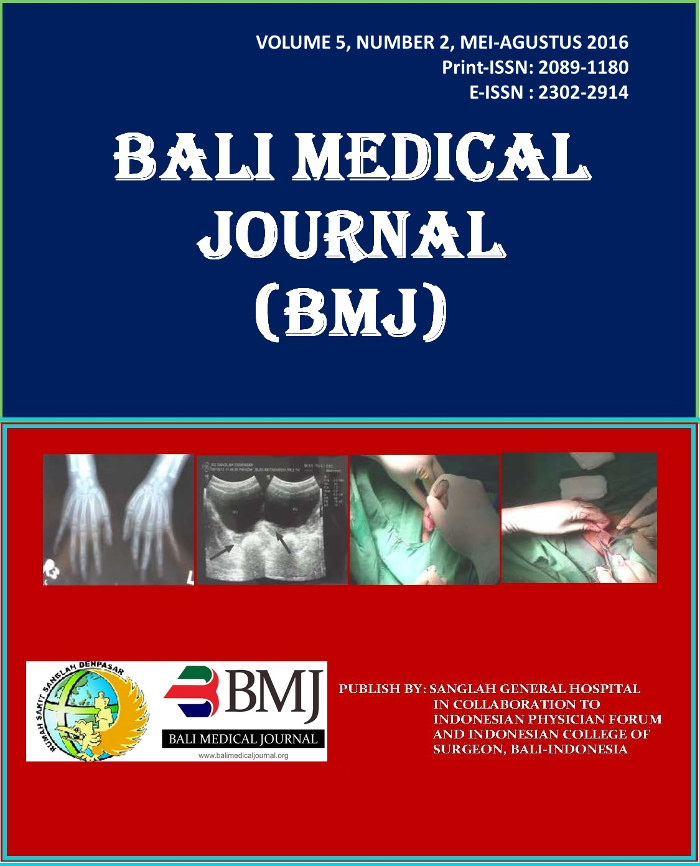Hospital Accreditation: What is its Effect on Quality and Safety Indicators? Experience of an Iranian Teaching Hospital
Abstract
Background: program evaluation is an integral and expected component in the development of any healthcare program. It helps decision-makers to base their decisions on facts. Objective: This paper analyzes the effect of accreditation on three indicators related to patient safety and hospital care quality in ICU wards of an Iranian teaching hospital. Methods: This interventional study was accomplished based on executive management and scientific methods such as plan-do-check-act (PDCA) cycle and audit to improve quality and safety. We used data reported from ICU wards of the hospital to analyze the effect of accreditation on the three selected indicators. (SPSS) version 22.00 was used for the statistical analysis. Results: In total, 6997 patients were analyzed. The accreditation interventions appeared to be effective at reducing pressure ulcer incidence average (from an average of 6.8 percent to 4.1 percent) (p=0.045). The accreditation also. The average stays of the patients during the study also positively changed from an average of 1.58 days to 10.13 days (1.45 improvements) (p=0.0303). In relation to hospital acquired infection but, unexpectedly, its effect on hospital was negative, then it considerably increased and rose from 1.5 percent to 8.1 percent (p=0.001). However, this increasing was due to enhanced infection incident report system. Conclusion: hospital accreditation has presented ample opportunity a significant positive effect on hospitals.Downloads
Download data is not yet available.
Published
2016-07-04
How to Cite
JANATI, Ali et al.
Hospital Accreditation: What is its Effect on Quality and Safety Indicators? Experience of an Iranian Teaching Hospital.
BALI MEDICAL JOURNAL, [S.l.], v. 5, n. 2, july 2016.
ISSN 2302-2914.
Available at: <https://ojs.unud.ac.id/index.php/bmj/article/view/21964>. Date accessed: 21 feb. 2026.
Issue
Section
Articles
Keywords
Hospital accreditation, health care quality, length of stay, bed sore, nosocomial infection.


